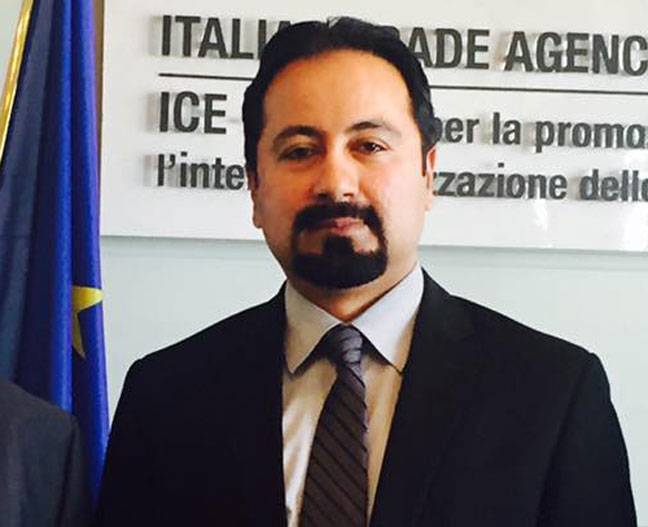LAHORE - The business community on Saturday rejected the State Bank of Pakistan's decision of increasing its policy rate by 50 basis points to 6.5 percent, lifting it to a level of three-year high.
FPCCI’s former president and United Business Group chairman Iftikahr Malik said the business community was expecting a reduction in interest rate as it was a consensus recommendation by the economists that monetary policy should be eased to control adverse effects of recession. He said the upward revision in lending rate would translate in multiplying high inflation and increasing the cost of production that would further paralyse the already numb industries. The UBG chairman said the SBP move would hit hard the overall economy as the availability of money to the business community had been made more expensive now after jump in discount rate.
All Pakistan Business Forum president Ibrahim Qureshi also flayed the State Bank of Pakistan for jacking the key interest rate by 50 basis points for the next two months in its Monetary Policy announcement. He said that this is the second surge in the rate since January 2018 when the central bank increased the then four-decade low rate of 5.75pc to 6pc. Cumulatively, it has revised up the rate by 75 basis points in the second half of current fiscal year 2018. The rate has now hit a three-year high of 6.5pc.
APBF president said the SBP had adopted a wrong way of dealing with inflation as 50 basis points increase in discount rate would jack up the cost of doing business that would ultimately hit the economic growth.
Ibrahim Qureshi said that with weaknesses in private capital inflows continue to persist, the central bank should cut policy rates to spur growth, as cut would infuse confidence in the business community and propel economy which was hostage to the past policy of austerity. He also complained that lending to private sector by the commercial banks during the current fiscal year has not picked up pace.
The Pakistan Industrial & Traders Associations Front (PIAF) chairman Irfan Iqbal Sheikh said that the decision would neither help curtail fiscal deficit nor control inflation as it had not served the purpose in the past rather it would create troubles for the investors.
He said the tight monetary policy was already hampering the industrial production, hurting exports, increasing joblessness besides pushing up the cost of doing business.
Irfan Iqbal said that in the name of reducing inflation the State Bank policy measures will generate more inflation. As a consequence of these steps inflation will not decrease but it will increase further, he added.
LCCI’s former president Abdul Basit said that the major cause of rising inflation was increase in the prices of industrial inputs and shortage of essential items of daily use. He called for supporting large scale manufacturing and credit to the private sector which is sliding, stopping flight of capital, improving tax machinery and curbing speculation of different sectors. FPCCI former president Mian Idrees suggested the government to observe restraint while getting loans from commercial banks and improve governance to ensure 5.4 percent growth target which has not been achieved so far.
He pointed out that the SBP was preparing monetary policy without studying the nature of inflation that is not demand-pull, which can be controlled through tight monetary policy.
Experts said that as per monetary policy statement, banks provided total credit of Rs 225 billion to private sector during the first half of current financial year as compared to Rs 328 billion during the same period of last year which again shows banks’ declining supporting role to private sector. In addition to the seasonal impact of perishable food items and services, this increase owes to further waning of the base effect and second round impact of decline in oil prices.






